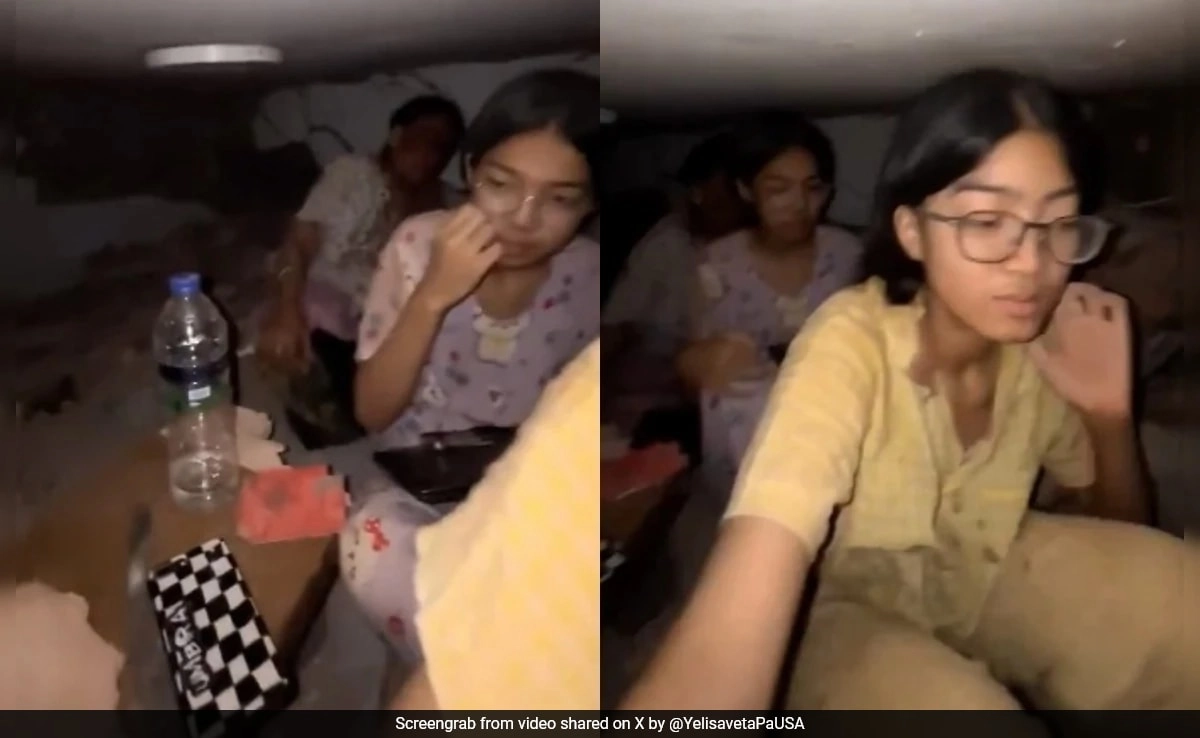In the wake of the recent earthquake that struck Myanmar, survivors have provided harrowing accounts of their experiences while trapped under the rubble of collapsed buildings. The devastation left by the quake not only disrupted lives but also shattered communities, leaving many individuals and families in desperate situations. As rescuers work around the clock to locate and assist those still trapped, the stories emerging from underneath the debris highlight the physical and emotional toll of such a disaster.
Survivors describe the overwhelming fear and uncertainty they faced while buried beneath concrete and wood, often for hours or even days. Many recounted the suffocating darkness and the struggle to breathe as they waited in agonizing silence for help to arrive. Some managed to call out or tap on the debris, hoping that their sounds would reach the ears of rescuers. The psychological impact of being trapped—feeling isolated and helpless—has left deep scars, with many expressing a profound sense of loss and trauma from the experience.
The resilience of those who survived is striking, as they come together to support one another in the aftermath of the quake. Community members are banding together to share resources, provide food, and help in search efforts for missing loved ones. This spirit of solidarity is crucial in the face of such adversity, as it fosters a sense of hope amid despair. While the physical recovery will take time, the emotional healing process is equally important, as survivors grapple with the memories of their near-death experiences and the losses they have endured.
As the region faces the long road to recovery, attention turns to the need for immediate assistance and support for those affected. Humanitarian organizations are mobilizing to provide aid, yet the scale of the damage poses significant challenges. Amidst the rubble, the stories of survival serve as a stark reminder of the fragility of life and the strength of the human spirit. In the coming weeks and months, the focus will be on rebuilding lives, offering mental health support, and ensuring that communities can emerge stronger from this catastrophe.




